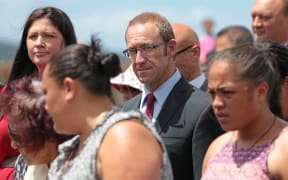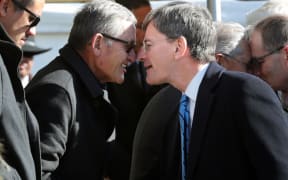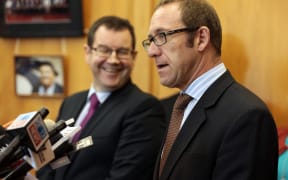More than twenty years ago the then National Government Prime Minister, Jim Bolger, took the brave decision to negotiate the settlement of long-standing Treaty of Waitangi grievances.
Mr Bolger pushed the process, which had been started by Labour, even though his own party was instinctively opposed to settling the claims.
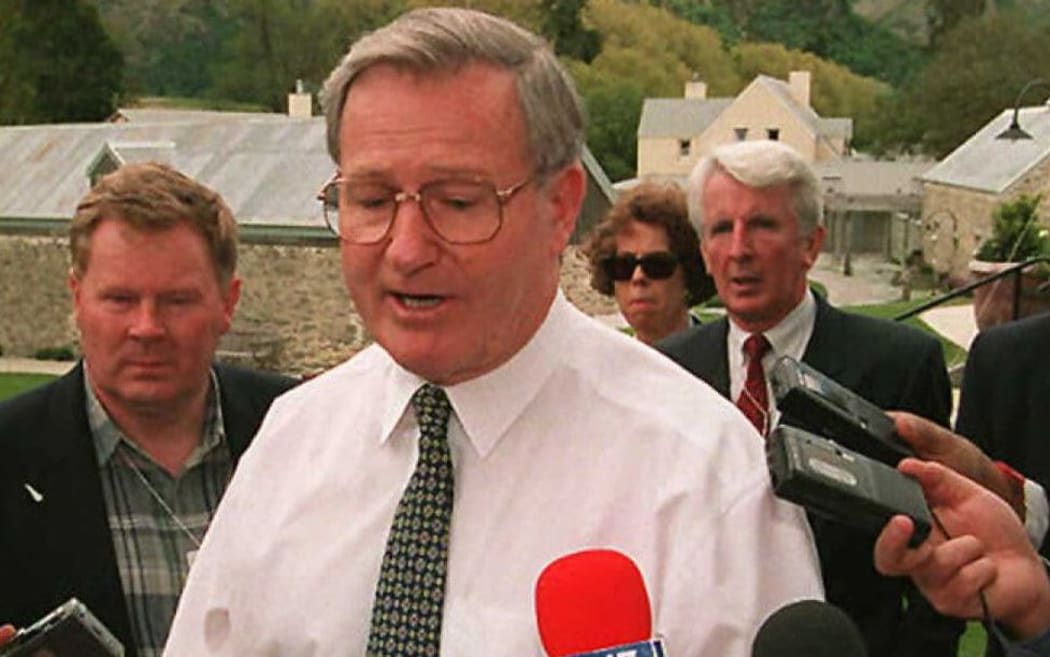
Twenty years ago Jim Bolger, started to negotiate the settlement of longstanding Treaty of Waitangi grievances. Photo: AFP / FILE
He was warned the Government risked losing the support of its core supporters, particularly in provincial New Zealand.
At the time it was not unusual to go to National Party conferences and hear delegates moaning about what they believed were concessions being given to iwi and hapu.
Yet despite the opposition from within his own party Mr Bolger forged ahead.
His leadership and the work of then Treaty Negotiations Minister Doug Graham paved the way for the current government to make so much progress in reaching agreement with iwi and hapu.
Politically Mr Bolger's leadership has made it very easy for the current Prime Minister, John Key.
Mr Key does not face the same opposition within his party which dogged Mr Bolger during the 1990s.
Today the National Party is a different beast, although in Opposition it still pulled out its divisive iwi-Kiwi campaign in 2005 and former leader Don Brash's Orewa speech a year earlier was another moment when it played on fears that somehow Maori were getting a special deal.
But Mr Key, since taking office at the end of 2008, has given urgency to settling Treaty claims and his Treaty Negotiations Minister Christopher Finlayson has worked assiduously at settling the most difficult.
So it was a surprise when Mr Key played the race card, accusingthe Labour Party leader Andrew Little of promoting separatism.
Mr Little had suggested the Government should not simply ignore the recent Waitangi Tribunal report which had found Maori did not cede their sovereignty when they signed the treaty 175 years ago.
It prompted Mr Key to say the Labour leader was promoting a separatist approach, which could result in Northland, for example, becoming an independent republic.
Mr Little, of course, did no such thing.
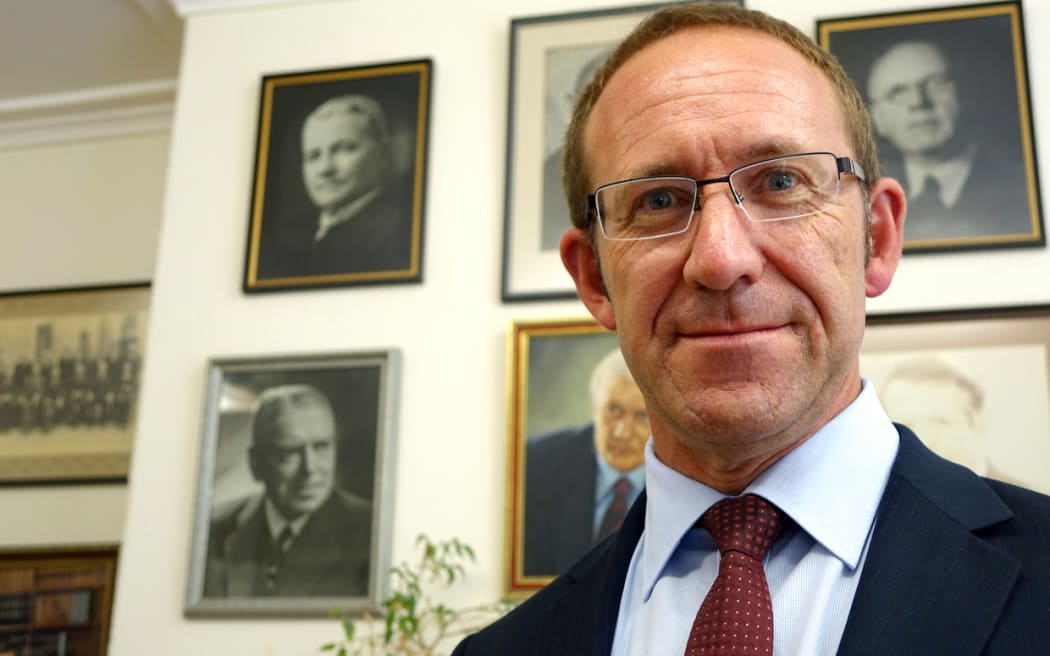
Will Labour leader Andrew Little be spooked by John Key's separatist comments? Photo: RNZ / Kim Baker Wilson
Instead he has argued the country should not be afraid of debating what is in the Waitangi Tribunal report and that there could be options for addressing Maori claims to sovereignty.
He points to co-governance arrangements for the Waikato River and Te Urewera National Park as examples of what could happen.
Mr Little also referred to other countries, such as Canada and the United States, which allow their indigenous people control over their lands.
That surely is possible where land has been returned to iwi and hapu under negotiated settlements with the Crown.
If Mr Key believes this all represents separatism why is he prepared to negotiate co-governance arrangements with iwi?
His response was purely a political attack on Mr Little.
And maybe in a political sense it was smart. It might just help marginalise Labour among those voters who still believe, wrongly, that Maori are doing too well out of the Treaty settlements.
The accusation of separatism is an easy political catchcry but will it help promote the sort of mature debate the country needs to continue having about its past and its future?
It raises, too, a question about Mr Little's leadership.
After Dr Brash gave his Orewa speech in 2004, which gave National an immediate boost in public support, the then Labour Prime Minister, Helen Clark, and her senior ministers panicked.
That panic led to the Foreshore and Seabed Act and to more grievance for Maori.
Will Mr Little show leadership, as National's former Prime Minister Jim Bolger did in the 1990s, and continue to try to promote an intelligent conversation about these matters?
Or will he, as Helen Clark was by Don Brash in 2004, be spooked by Mr Key's scaremongering?
